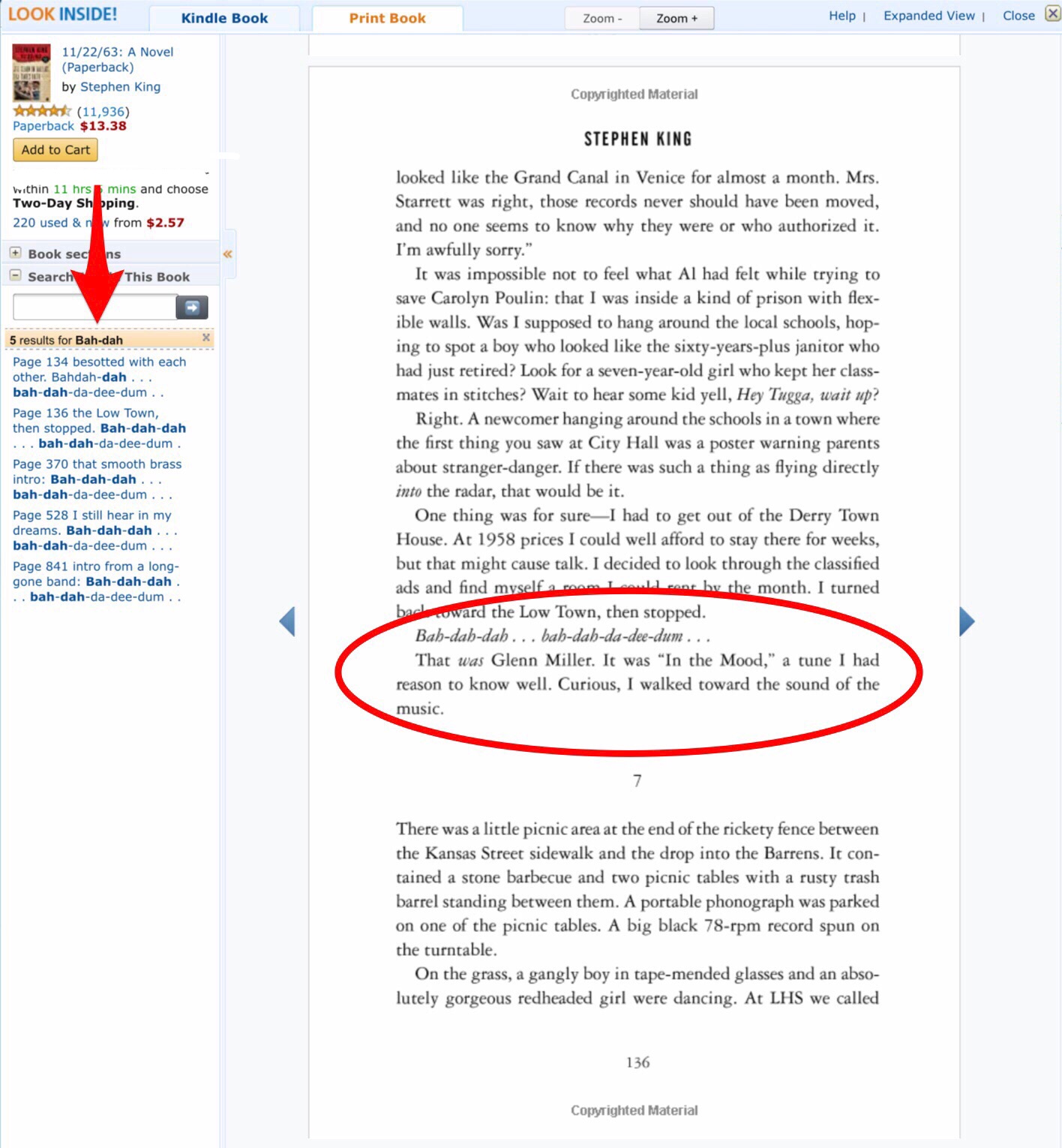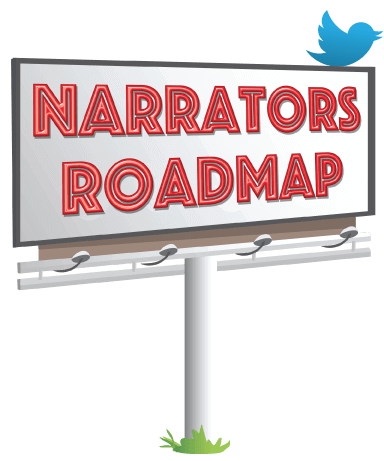The short answer is “no”.
Copyright protection covers both the musical composition — the melody and lyrics that make the song — and the sound recording. Different people probably hold each of those copyrights. The songwriter or her music publishing company generally own the song copyright, and the performer’s record label usually owns the sound recording copyright.
Performing and distributing a copyrighted song without first obtaining the proper licenses for these activities is copyright infringement.
You should not sing song lyrics printed in your book unless the song is clearly in the Public Domain or the rights holder has paid for reprint rights and a mechanical license.
The “Happy Birthday” song was considered copyrighted until 2016, when a judge ruled it is in the Public Domain. Therefore, you could sing this song in your audiobook.
You cannot sing copyrighted lyrics with a made-up tune. The words still have the same meaning and sequence protected in the song copyright.
You should not even say the song lyrics unless the rights holder presents evidence of the necessary copyright clearances. The RH could have requested and been given permission to reprint the song lyrics in the book.
Since the melody is copyrighted as part of the song, you shouldn’t hum it in the audiobook.
You can legally say the song title since titles cannot be copyrighted.
“What about the Fair Use Standard?” I can hear you thinking. Fair Use allows a person to use a small amount of copyrighted material without permission in a limited way, such as in artistic criticisms and reviews, as well as in educational articles like my Case Study below. A piece must pass several subjective tests to be deemed Fair Use. No magic number exists for the amount of the song that could be freely used, and you don’t know whether a judge would agree with your position if you had to go to court.
Just remember: The music industry zealously protects its copyrights, and the publishing industry is extremely risk-averse.
Case Study
While this real-world example deals with the song melody instead of the lyrics, the principle is the same.
As you can see in the below screen shot from Amazon, Stephen King’s book 11/22/63 includes a number of references to the famous Glenn Miller song “In The Mood”. The italicized portions of the circled text represent part of the melody of that song. You’ll notice that the same sequence shows up 5 times in the search results on the left.

Glenn Miller plays the italicized part of the song in the :3 sample below.
This :13 excerpt from the audiobook demonstrates that narrator Craig Wasson did not hum a recognizable tune.
Other resources on this topic:
- This article offers more information about copyrights and music and lyrics.
- The Knowledge Base articles about music and sound effects may be relevant to your project.








